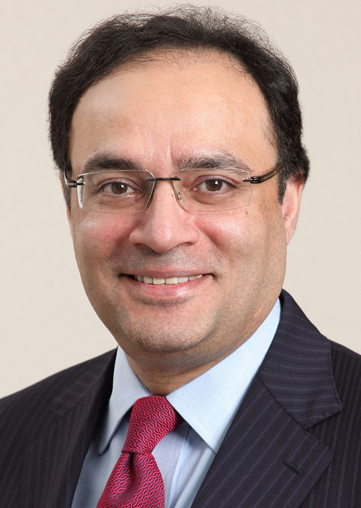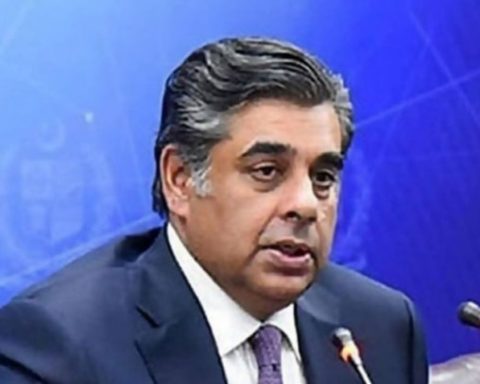
Islamabad, Pakistan – Pakistan’s National Assembly approved a controversial tax increase bill on Friday. This move aims to meet ambitious revenue targets set for the upcoming fiscal year and secure a crucial loan from the International Monetary Fund (IMF).
The government, led by Prime Minister Shehbaz Sharif, faces a sluggish economy and mounting debt. The new budget, heavily criticized by opposition parties, seeks to raise taxes by 40% compared to the current year. This ambitious goal includes a 48% increase in direct taxes and a 35% hike in indirect taxes.
IMF Loan Hinges on Increased Revenue
Pakistan is in negotiations with the IMF for a loan between $6 billion and $8 billion. The government hopes this significant tax rise will strengthen their case for the bailout, which is crucial to avoid a debt default.
Opposition Cries Foul
The budget faced strong opposition, particularly from parties aligned with former Prime Minister Imran Khan. They argue the tax hikes will be highly inflationary and burden the middle class. Even coalition partner PPP initially boycotted the debate but ultimately voted for the bill, fearing government instability if they didn’t.
Budget Targets Ambitious Revenue Growth
Policymakers aim to collect a challenging Rs. 13 trillion in taxes for the fiscal year starting July 1st. This target includes increased taxes on salaried workers, capital gains from real estate, and products like textiles, leather goods, and mobile phones. Additionally, non-tax revenue, such as petroleum levies, is projected to rise by a significant 64%.
Economic Concerns Remain
Despite the government’s goal of reducing the fiscal deficit, the central bank warns of potential inflationary pressures. With limited progress on broadening the tax base, increased revenue relies heavily on raising existing taxes, potentially impacting the economy.
Pakistan’s economic outlook remains uncertain. While the tax increase might secure an IMF loan, its impact on inflation and the overall economic health of the nation is a matter of debate. ENDs








